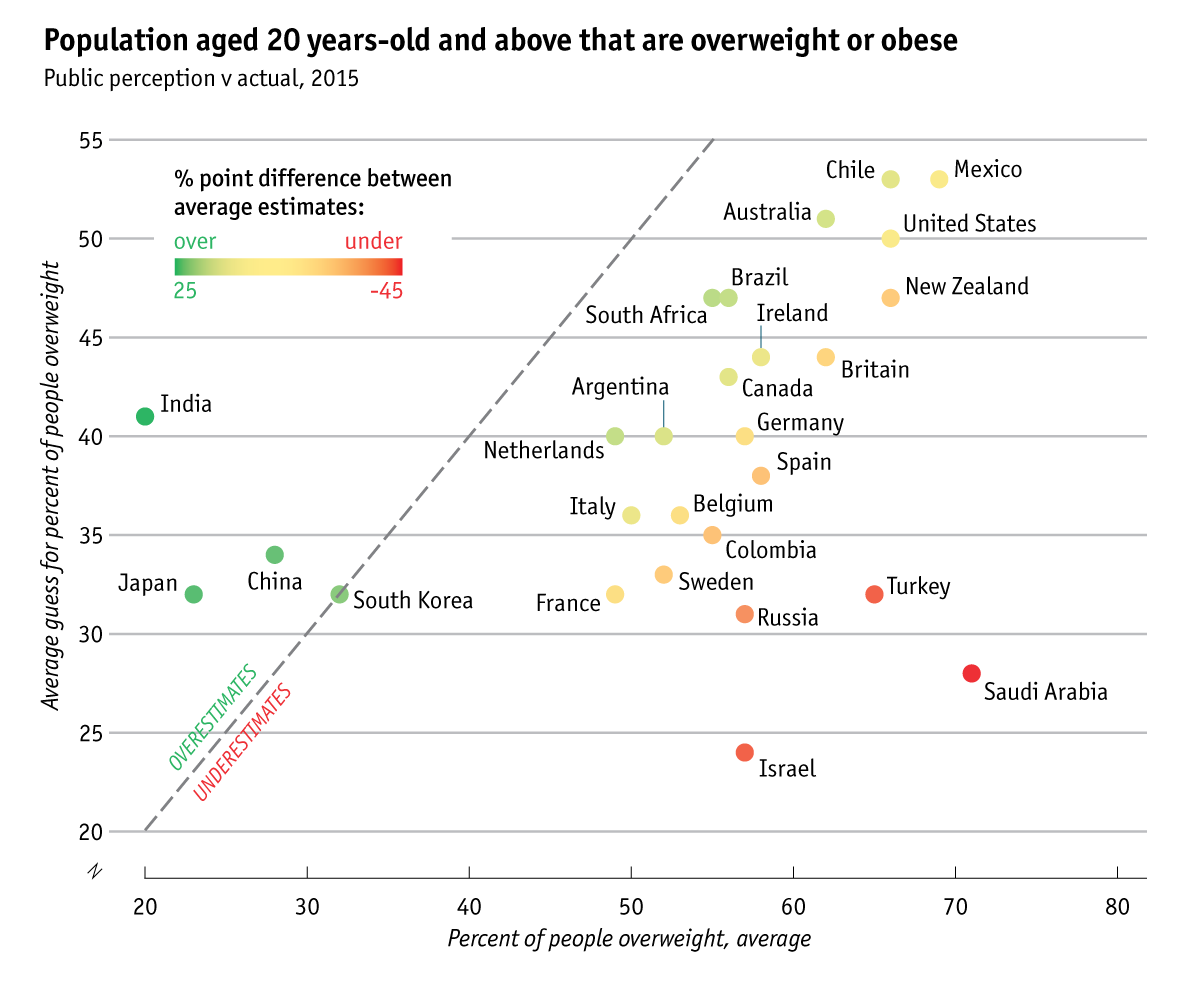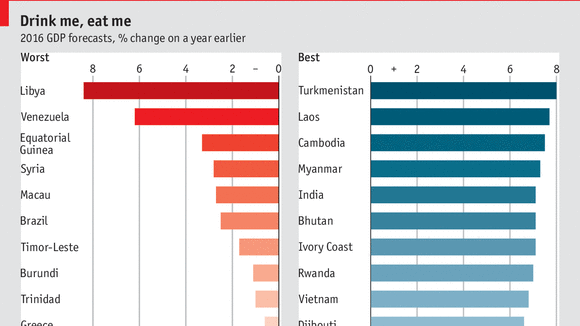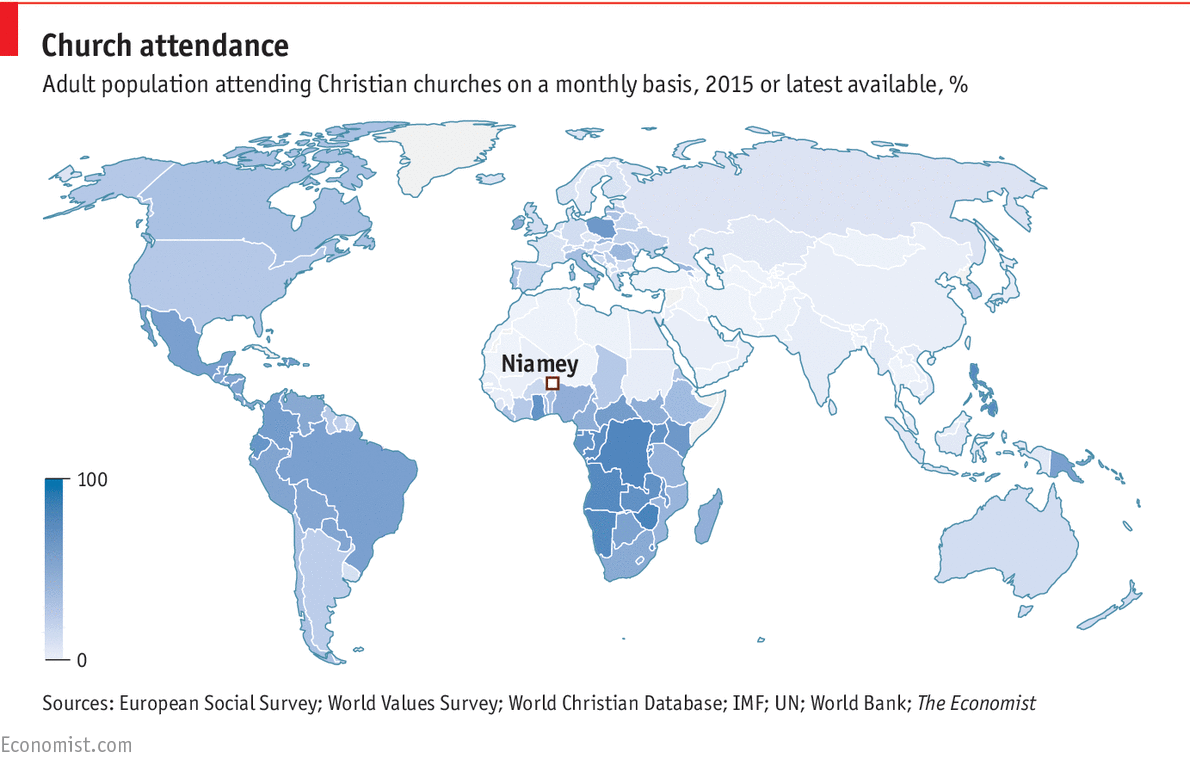- Latest research on the effects of the minimum wage (Jeffrey Clemens): "My baseline estimate is that this period's full set of minimum wage increases reduced employment among individuals ages 16 to 30 with less than a high school education by 5.6 percentage points."
- Does Tinder boost assortative mating? "In sum, I expect Tinder to boost assortative mating, at least at the top end of the distribution in terms of IQ and education."
- Quadratic voting: an alternative to democracy? "In Glen's voting mechanism, every voter can vote as many times as he or she likes. The catch, however, is that you have to pay each time you vote, and the amount you have to pay is a function of the square of the number of votes you cast. As a consequence, each extra vote you cast costs more than the previous vote."
- "What makes an academic paper useful for health policy?" [Whitty 2015] From the abstract: "Academics underestimate the speed of the policy process, and publish excellent papers after a policy decision rather than good ones before it. To be useful in policy, papers must be at least as rigorous about reporting their methods as for other academic uses. Papers which are as simple as possible (but no simpler) are most likely to be taken up in policy.... The accurate synthesis of existing information is the most important single offering by academics to the policy process.... Models should, wherever possible, allow policymakers to vary assumptions."
Monday, January 11, 2016
Econ links fiesta
Friday, January 8, 2016
Subscribe to:
Posts (Atom)







